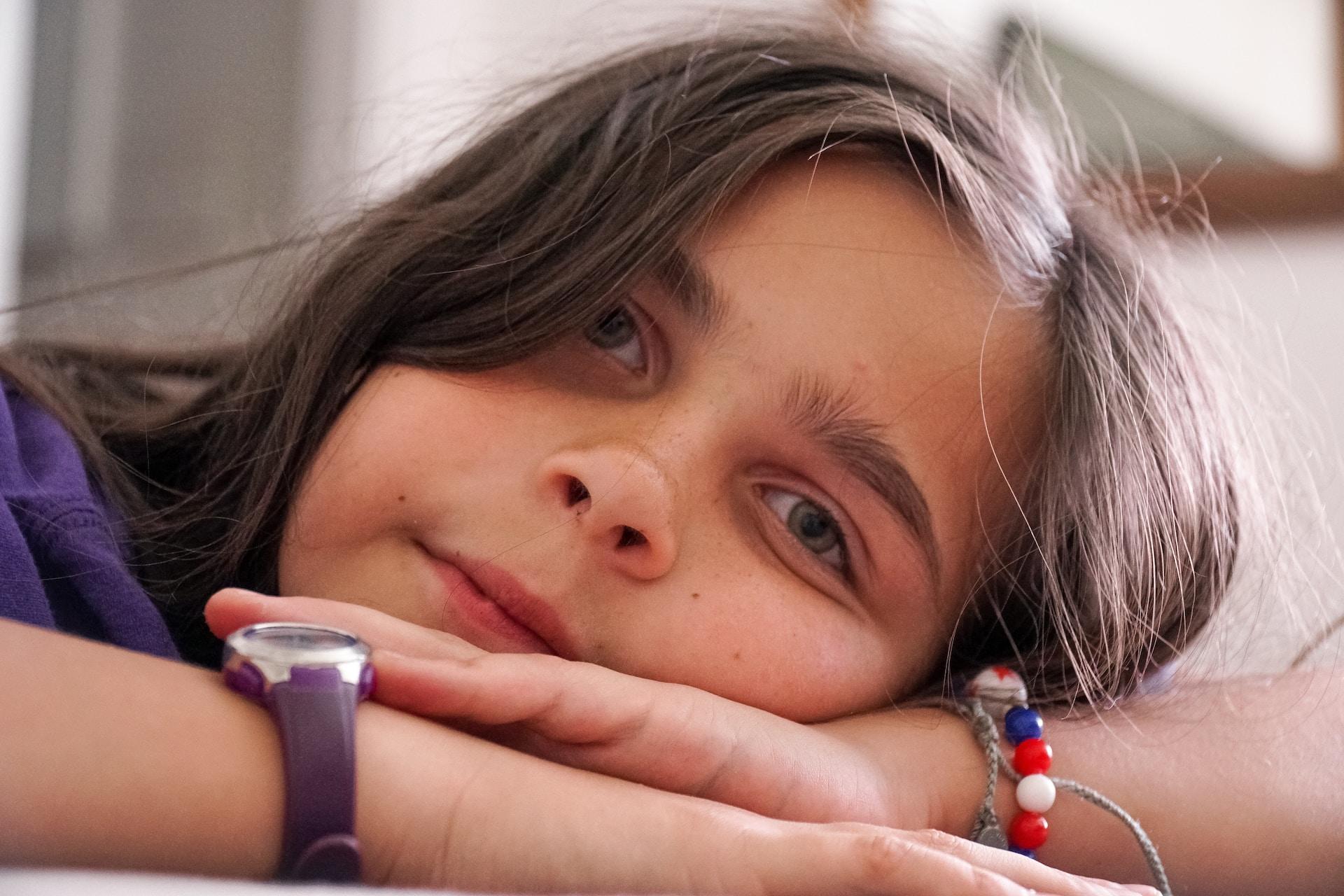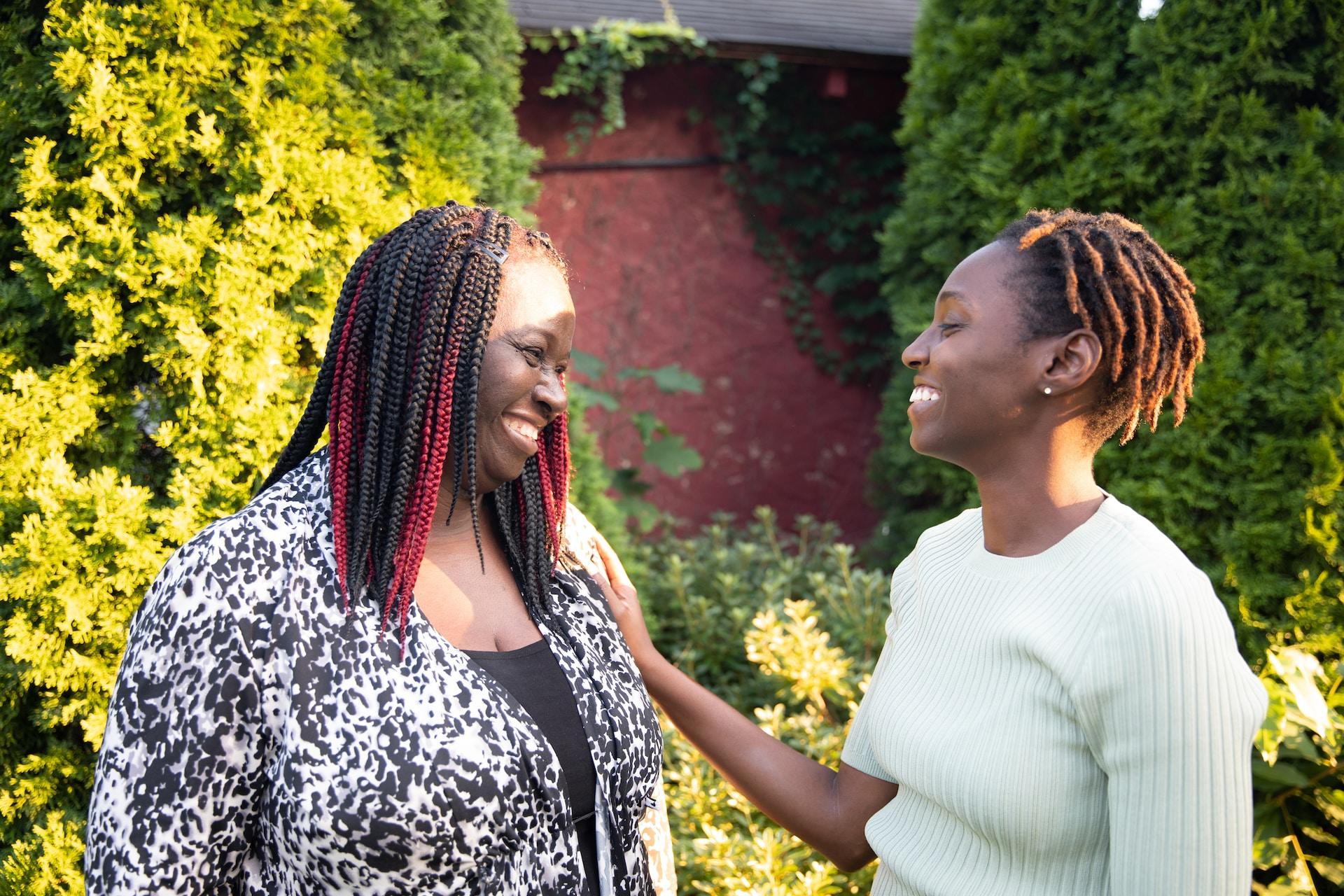To start our topic on the right foot, we flash back to 2018, when a French youth greeted President Macron with "Salut, Manu!". Manu is a diminutive form of Emmanuel, often used as an expression of closeness and familiarity. It's what you call a 'cool' Emmanuel; someone who's up on all the latest trends and gives off a friendly vibe.
President Macron did not appreciate the greeting, to say the least. He berated the teen on the spot, with the exchange soon going viral. It didn't take long for news outlets to catch wind of the story. For a few days afterwards, opinion pieces debated the president's motives for publicly humiliating the child.
This incident cost the French president a bit of political capital. Particularly as he had won the presidency portraying a likely Manu and less an Emmanuel. Still, his apparent about-face illustrates the importance of proper greetings in French culture. Thus, we arrive at today's topic.
Language represents the culture of the people who speak it. French greetings reflect this culture's degrees of formality. To avoid a presidential tongue-lashing, you must know:
- The degree of formality for each French greeting
- When to say bonjour and when a different greeting would be more appropriate
- Common French greetings for every occasion
- The dos and don'ts of greeting someone in French
To underscore how important this topic is, let's return to our red-faced youth. After the president publicly schooled him, he became the butt of jokes and sneers. The online fallout kept him away from school; his social media presence all but disappeared.
As a foreigner in France, your consequences for an inappropriate greeting likely won't be as severe - or as public. Still, as long as you're learning French, it's best to learn the right way to greet people.

The Cultural Importance of Greetings in French Society
Proper greetings aren't important only in France. If you should ever come face-to-face with a member of the British royal family, you probably wouldn't lob a casual 'hey' at them. Additionally, if you ever have to stand before a judge, it would be in your best interests to address them as formally as you can.
Beyond such instances, we don't have too many other degrees of formality. The English language doesn't include a formal 'you', like so many other tongues do.
We use 'How are you (doing)?' to greet our grandmothers as well as our friends. However, a native French speaker greeting their grandmother with a casual 'Ca va?' might earn them a slap. As elders, French grandmas deserve the more formal "Comment allez-vous?"
Vouvoyer - using the formal 'you' is French culture's system of honorifics. The rule is simple: address anyone older than you and people in positions of authority as 'vous'. That includes everyone from police officers to shopkeepers and medical personnel. You, being younger, will receive the informal 'tu' address.
You might skirt the honorific obligation by posing indirect questions. For instance, if you're in a shop, you might ask "Do you have... ?" - "Est-ce-que vous avez... ?". However, you could frame your question as "Is there any...?" - "Est-ce qu'il y a... ?"
Let's say you found an amazing sweater but you'd rather have it in a different color. You could ask the store owner "Est-ce que vous en avez en marron ou en vert?" - Do you have any in brown or green? Or you could take the indirect route: "Est-ce qu'il y en a en marron ou en vert?" - Are there any in brown or green?
Even this indirect form is a touch formal. The casual "Y en a-t-il" construction is best reserved for friends and immediate family. Even a restaurant server might resent "Y en a-t-il" unless you knew them or were a frequent diner there.
As long as you say 'hello' before posing your question, using the formal-indirect form is acceptable. Not acknowledging someone before asking an indirect question could make them unwilling to help you. Naturally, this suggests saying hello correctly for every given occasion.

Bonjour: A Versatile Greeting for Different Times of the Day
Bonjour is universal. Even non-French speakers say bonjour and know what it means. Bonjour is literally 'Good Day!'; something we English speakers typically say as we leave, rather than in place of 'Hello!'.
Speaking of 'Hello', the French have a corresponding Allô. However, you should only use it when you answer the phone. Native French speakers pronounce it with a rising end tone. Or you could use it the same way we use 'Hello!' to let someone know you don't appreciate their attention wandering while you speak.
Bonjour is the most common and most polite way to greet someone in French. You may use it during daylight hours instead of the clunkier 'bon matin' and 'bon après-midi'. Those are 'good morning' and 'good afternoon', respectively. Come nightfall, however, you should wish people 'bonsoir' - 'good evening'.
Both bonjour and bonsoir may serve as a greeting or as a parting phrase. The informal 'Salut' works the same way. This casual, dual-purpose word is for family and friends, and maybe even someone you don't know that well but will see later on.
By contrast, 'Coucou!' is only for your closest besties. You might also say "Coucou!" to small children playing in the park. Or you might use it to reclaim someone's attention when you catch them daydreaming. It translates to 'cuckoo' but sounds more like a knock.

Other Common French Greetings and Their Usage
You don't always have to trade 'bonjour's. For people you regularly transact with, you might respond to their 'bonjour' with "Comment allez-vous?". Such might include neighbors, your local newsagent or someone at a shop you visit regularly.
In such cases, a casual 'Ça va?' might work just as well. It depends on the degree of familiarity you have with that person and also how great the difference in your ages. An elderly neighbor will always get the polite greeting but someone a few years older or younger than you would prefer a casual 'Ça va?'. You might even add a 'bien' to express your hopes that all is going well for them.
Regardless of age or social standing, you should always greet someone you've just met with "Bonjour!" For instance, your first day at work in a French firm will see you going around telling everyone "Bonjour!". Once you've learned their names, you should tell them how happy you are to know them. For that, "Enchanté(e)" works like a top.
Ready to learn more? Find effective French online classes taught by professional tutors on Superprof.

Saying Goodbye in French
Formality is such a big part of French culture that you must wonder what to say when you leave someone's company. As noted above, 'bonjour', 'bonsoir' and 'Salut' work, always depending on the circumstances. If you're parting company later in the evening, you may even wish them "Bonne nuit!" - 'Goodnight!'.
Between 'bonsoir' and 'salut' we find "À tout à l'heure!" - "See you later!". You may use this parting phrase with close friends and family. However, "À plus tard" is strictly informal. The shortcut "A+" is a good way to text or email a friend that you'll see them later.
"À bientôt!" is another casual way to say "See you soon!". You may call out a cheerful "À bientôt!" as you leave for school. You could tell your friends "À bientôt!" as you leave school if you want to say something other than salut. You can also say "À bientôt" on the phone or by text if you've made plans to meet later on.
Saying goodbye in French is more than knowing the right words, it's an art form. Our culture permits a flippant 'See ya!' or simply 'Later!' in all but the most formal of circumstances. Think twice before parting like that in France!

Dos and Don'ts of Greeting in French
Whatever you do, do not let a greeting go unanswered. If someone says 'Bonjour!', 'Salut!' or 'Au revoir!', you must return in kind. By that, we mean don't answer 'Bonsoir' with 'À tout à l'heure!'. This rule makes it easy for you to remember the proper way to greet someone - but only if they greet you first.
Your non-verbal communication should match your words. For instance, if you've just met someone, not meeting their eyes as you say "Enchanté(e)!" is a cultural faux pas. So are turning your body away from them and ducking your head.
'Faire la bise', the French custom of kissing on the cheek, could also land you in hot water if done inappropriately. You should never do this before you establish a relationship. For instance, meeting someone for the first time would not be a 'bise' occasion. However, if you click well with that person and they seem open to it, 'Faire la bise' when parting is fine.
Mastering politeness in French takes time. You might feel comfortable with 'bonjour', 'bonsoir' and 'salut', the all-occasion greetings and partings. But extending your range demonstrates your cultural competence, which is an important part of being accepted as an honorary French person.
Unlock the potential of online French tutoring and embark on a journey of language mastery with our french lessons. From the comfort of your home, access personalized instruction tailored to your learning style and goals. Whether you're a beginner or looking to refine your skills, our dedicated tutors are here to guide you every step of the way, making learning French convenient, effective, and enjoyable.
Summarize with AI:
















